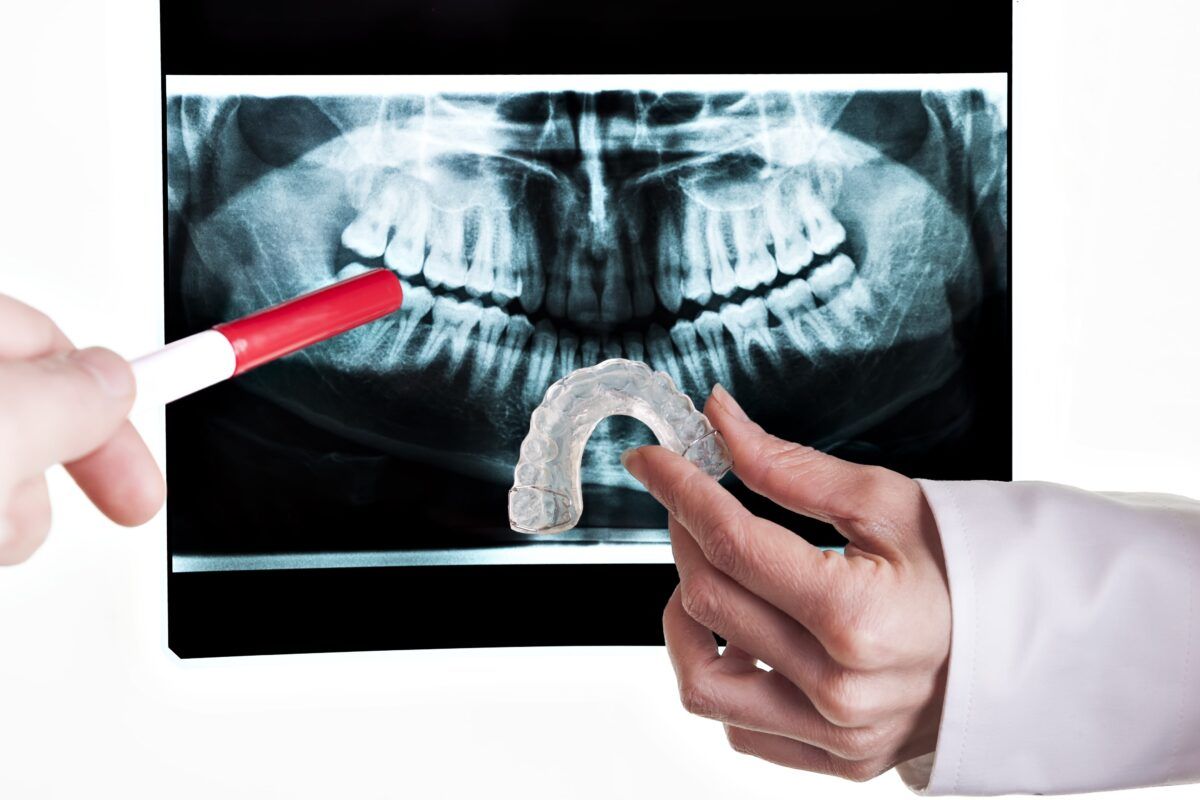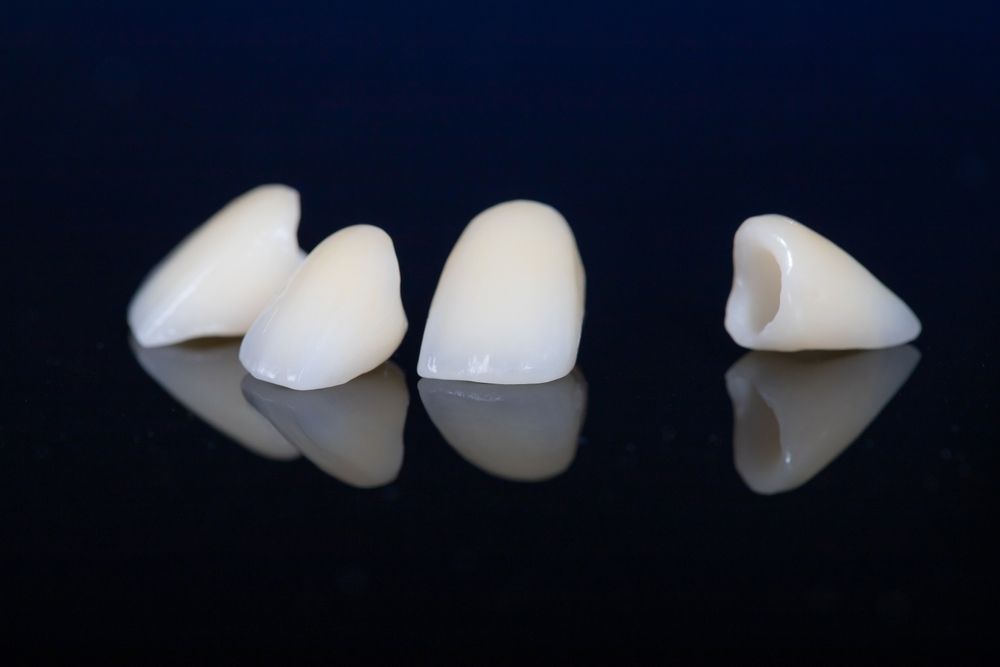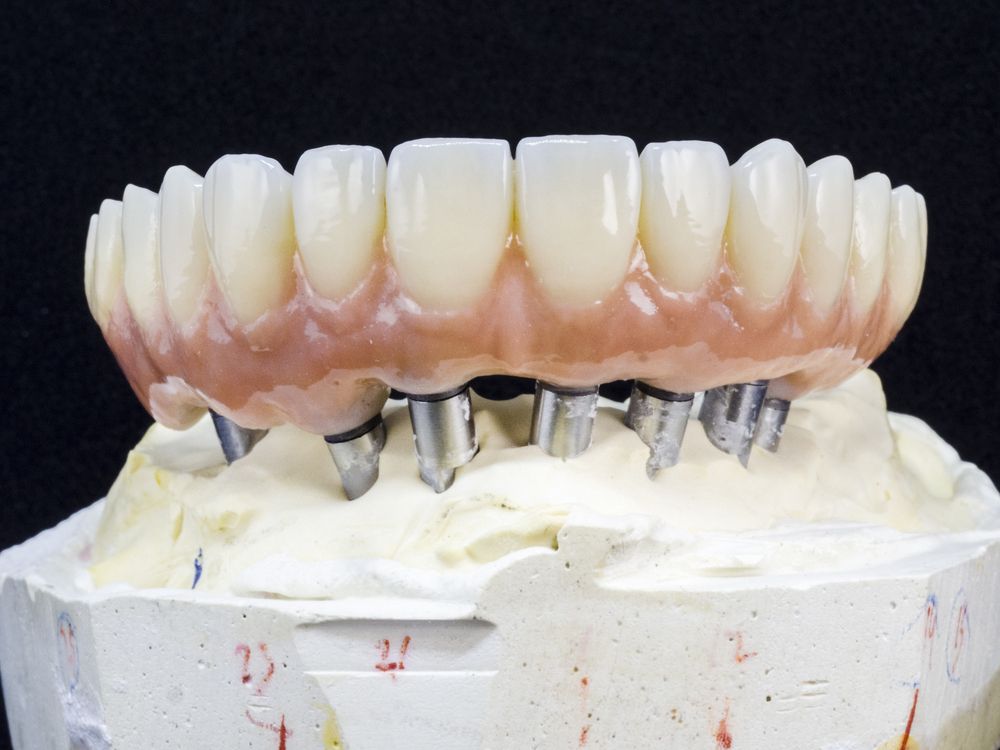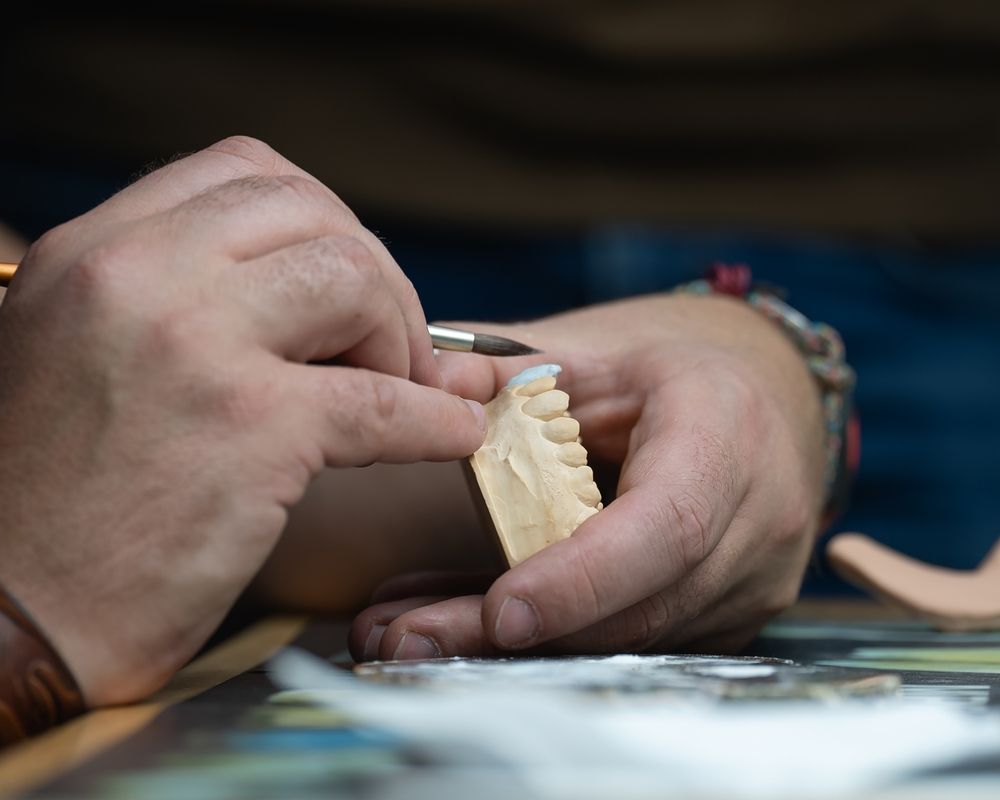In the world of sports, safety is paramount. Whether you’re a professional athlete, a weekend warrior, or a parent cheering on your child from the sidelines, ensuring the well-being of players is always a top priority. One of the most overlooked yet essential pieces of protective equipment in many sports is the mouthguard. While there are various types of mouthguards available in the market, custom-made sports mouthguards stand out due to their numerous advantages. In this blog, we’ll delve into the world of custom-made sports mouthguards and explore their benefits.
What are Custom-Made Sports Mouthguards?
Custom-made sports mouthguards are dental protective devices specifically designed to fit an individual’s unique mouth structure. Unlike generic over-the-counter mouthguards that come in standard sizes, custom-made mouthguards are crafted after taking an impression of the athlete’s teeth. This ensures a snug and comfortable fit tailored to the individual. These mouthguards are used in various sports to protect the teeth, gums, lips, and jaw from potential injuries, such as impacts or blows to the face. They are especially popular in contact sports like football, hockey, boxing, and martial arts. The precise fit of custom-made mouthguards offers superior protection and comfort compared to their generic counterparts.
Advantages of Custom-Made Sports Mouthguards
Perfect Fit:
Custom-made mouthguards are tailored to the exact shape of an individual’s teeth and gums, ensuring a snug fit. This precise fit means they stay in place even during intense physical activity.
Enhanced Protection:
Due to their tailored fit, custom mouthguards distribute the force of an impact more evenly across the teeth and jaw. This reduces the risk of dental injuries, such as chipped or broken teeth, and offers better protection against potential jaw fractures.
Comfort:

One of the primary complaints about generic mouthguards is discomfort. Custom-made mouthguards, being designed specifically for the individual, are often more comfortable, leading to increased compliance in wearing them.
Unobstructed Breathing and Communication:
A custom fit ensures that the mouthguard doesn’t hinder breathing or speech. This is especially important in sports where clear communication between team members is crucial.
Durability:
Custom-made mouthguards are typically crafted from high-quality materials, making them more durable and long-lasting than generic ones.
Reduced Gag Reflex:
Generic mouthguards can sometimes be bulky and induce gagging. The tailored fit of custom-made mouthguards reduces this risk.
Unique Personalization:
Many providers of custom-made mouthguards offer personalized designs, allowing athletes to have mouthguards in team colors, with their name, or other unique patterns, adding a personal touch to their protective gear.
Better Adaptation for Orthodontics:
For athletes with braces or other orthodontic appliances, custom-made mouthguards can be designed to accommodate these, ensuring protection for both the teeth and the orthodontic devices.
While custom-made sports mouthguards might come with a higher price tag than generic ones, the benefits they offer in terms of protection, comfort, and durability make them a worthy investment. Considering the potential dental bills and pain associated with sports-related mouth injuries, it’s a small price to pay for peace of mind.
The Fabrication Process
The creation of custom-made sports mouthguards in dental labs is a detailed and precise procedure. It all starts with the dentist taking an impression of the athlete’s teeth, capturing the unique structure and contours of their mouth. This impression is then used to craft a plaster or stone model, which forms the basis for the mouthguard. The choice of material is crucial, with thermoplastic materials being a popular choice due to their adaptability and durability. Once chosen, this material is heated until it’s soft and malleable. The molding process can involve either vacuum forming, where the material is drawn tightly over the model using a vacuum, or pressure lamination, where the material is pressed onto the model using even pressure. After molding, the mouthguard is carefully trimmed and polished to ensure a comfortable fit, eliminating any rough edges that might irritate the gums or cheeks. The athlete then returns to the dentist for a fitting session, where any necessary adjustments are made. Some athletes also choose to personalize their mouthguards with specific colors, designs, or logos, which the dental lab can incorporate during fabrication. Before the final product is handed over, it undergoes a thorough inspection to ensure its quality and fit. Along with the mouthguard, athletes receive care instructions to maintain its effectiveness and longevity. This comprehensive approach ensures that each mouthguard offers optimal protection tailored to the individual’s dental structure.
In Conclusion
In the competitive world of sports, every advantage counts. Custom-made sports mouthguards not only offer superior protection but also ensure that athletes can perform at their best without any discomfort or hindrance. If you or someone you know is involved in sports, consider investing in a custom-made mouthguard. It’s a decision your teeth will thank you for!




